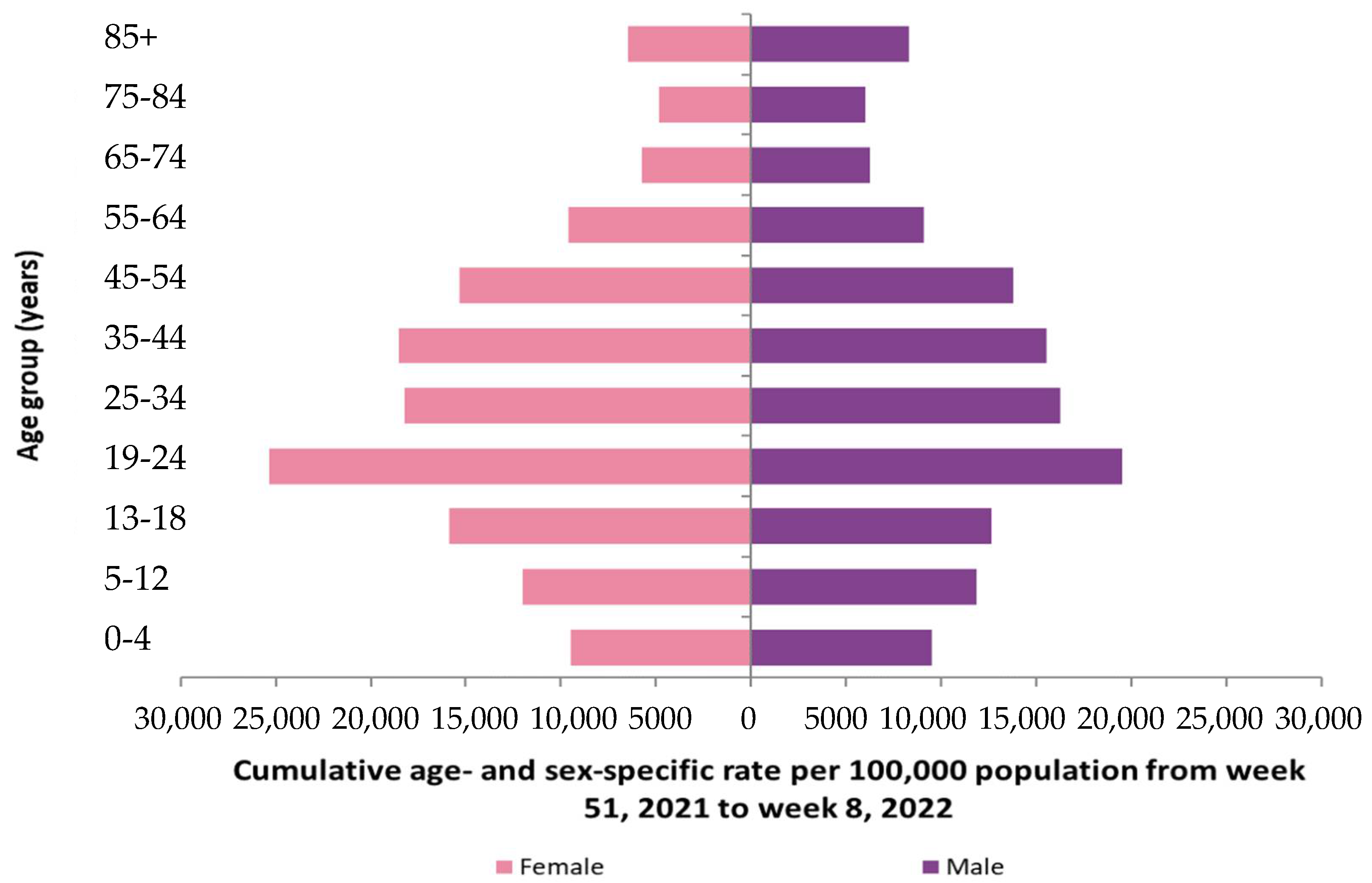London, United Kingdom – British, Every mammal has a lifespan; for example, a mouse has a lifespan of about 2-4 years, a dog has a lifespan of about 10-15 years, and a monkey has a lifespan of about 20-25 years. The length of life may be shortened or extended depending on the quality of medical care and environmental conditions, but the difference is insignificant. Are there any rules governing the lifespan of mammals?
The Wellcome Sanger Institute team attempted to find the contributing factors of mammalian ageing and life cycle in order to unravel the mysteries of mammalian life and discovered that the total number of gene mutations in the life cycle of mammals of different species is roughly similar. Nature, an international scientific journal, published the findings.
Humans, cats, dogs, monkeys, mice, lions, tigers, rabbits, giraffes, and other species have all been studied by scientists. The study examined the DNA, life expectancy of various animals, and the rate of genetic mutation in various species in order to deduce the secrets of life from cell mutation.
They discovered that these animals experienced approximately 3,200 genetic mutations during their lifetime. The more frequently an animal’s mutations occur, the shorter its lifespan. In other words, the longer one lives, the fewer genetic mutations occur each year.
In the study, mice mutated approximately 800 times per year and lived for only about four years; dogs mutated approximately 249 times per year and lived for approximately ten years; and lions mutated approximately 160 times per year and lived for approximately twenty years. Humans mutate about 47 times per year, which corresponds to the current average human lifespan.

Divide the total number of 3,200 mutations by the number of mutations per year to get an estimate of lifespan. According to the researchers, despite the fact that different mammals have different lifespans, mammals have the same number of mutations at the end of life, and the total number of genetic mutations is around 3,200. What, however, is the significance of this number? It remains a mystery.
Is there a link between genetic mutations and aging?
The genetic mutation was the same whether the animals died after 7 months or after 70 years. The study found a link between genetic mutations and aging and lifespan, which helped to explain aging in mammals and validated the calculation of lifespan.
Previously, scientists discovered that the number of heartbeats correlates with the length of life. The human heart, for example, beats approximately 2.5 billion to 3 billion times in a lifetime, and a fast heartbeat is an important factor in reducing life expectancy. People today study aging and lifespan through the number of mutations to uncover more answers to the mystery of life.











































